A unique new international event online will connect musicians, artists, researchers, and technologists with space exploration’s history – and future. And you can apply to join.
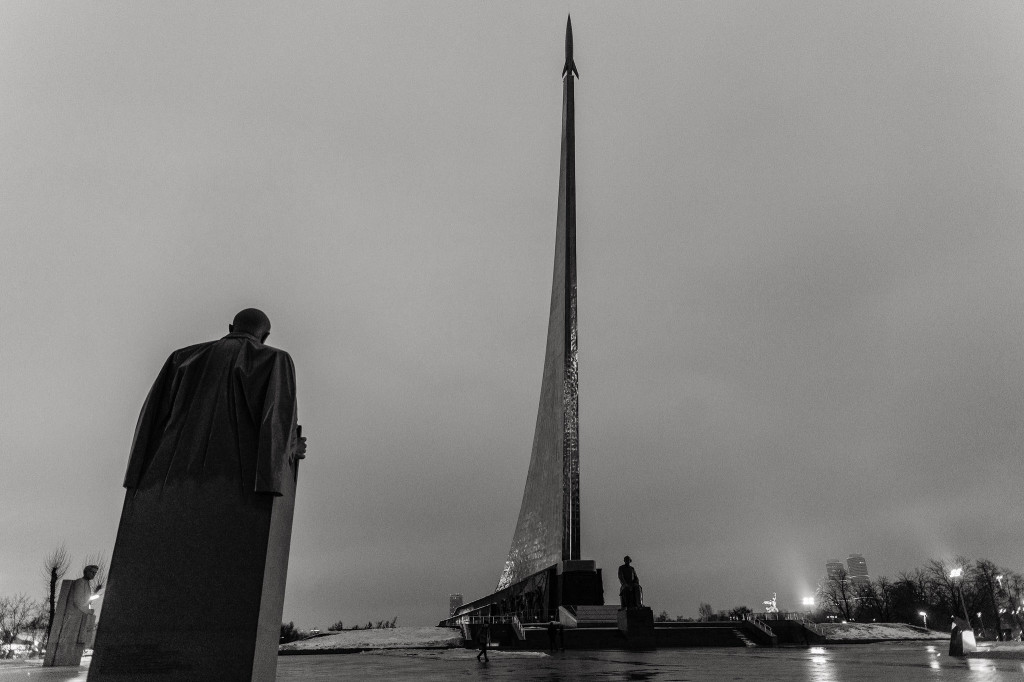
The 1964 Monument to the Conquerors of Space soars over 100 meters above the Moscow’s VDNKh exhibition grounds, a titanium spire topped with a sculpture of a rocket. It pierces the sky as a fanciful play on rocketry. Underneath its sweeping base is the Moscow Museum of Cosmonautics. The museum is a treasure trove of tens of thousands of items recalling the history of the Soviet and Russian space programs, tracing its way from Space Race to international collaboration on projects from the first Apollo-Soyuz test project to the Mir and finally the ISS. This spot is a global beacon for space lovers, that is.
But it’s now also a hub for a virtual gathering that will reach across the globe. I’m pleased to be part of a partnership with the museum and art practice ARTYPICAL, with curator Natalia Fuchs co-hosting the Space Art Summer School.
We’re calling for musicians, artists, researchers, technologists – and all of you who blur those categories – to explore new sound and visual work, from digital media to music.
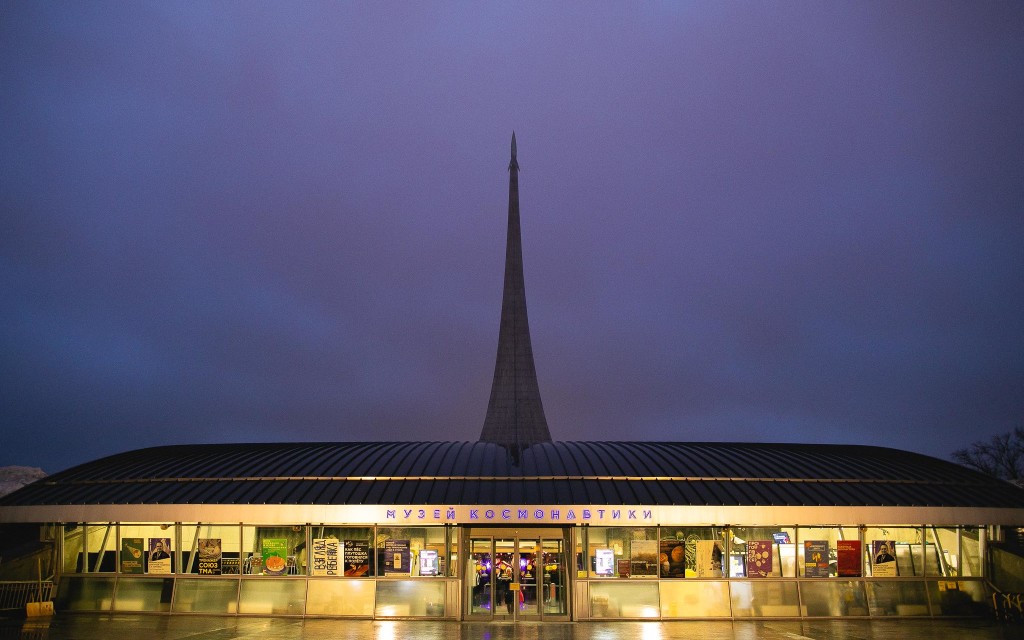
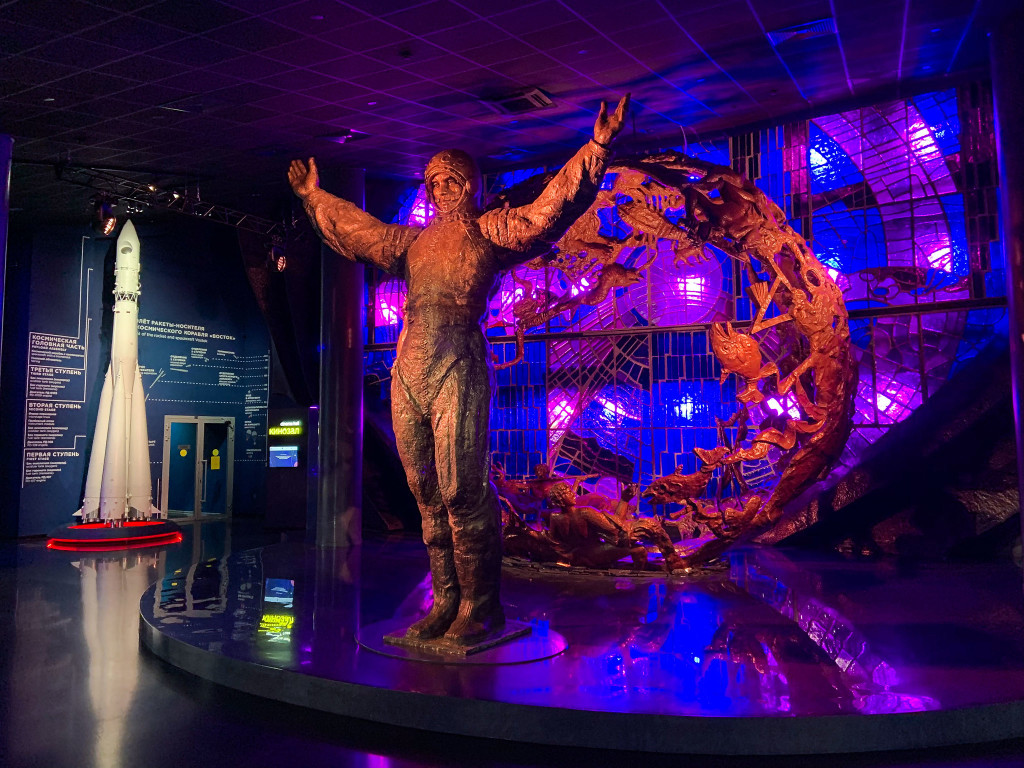
It’s free, with limited participation chosen by the partners. There will also be a range of leading international guests engaging topics like space in cinematography, music composition, sonification / audification and research in data, media art about and even in outer space, speculative and critical works. And because of the unique connection to Russia and the museum and Soviet archives, there’s the chance to delve into media archaeology, philosophy and Russian cosmism. (Russian cosmism is on its own already a universe of ideas – see this article in e-flux.)
“I hope it can bring us to profound international exchange and research in the intersection of art, culture and space exploration,” says curator Natalia Fuchs.
She also speaks to CDM about this project:
Doing this project means for me to move towards open science and respecting heritage. I was born in 1981, the year when the Monument of the Conquerors of the Space was built in Moscow, and now the Museum of Cosmonautics is located right underneath. Being able to reach out now, mostly four decades after, to the specific scientific and museology circles related to space exploration from such interesting point as media art practice, makes me not only excited about the whole life development but optimistic about what might happen in the future.
Among all art, science, and technology topics, space was always one of my favorites. It has a rich history in Russia and worldwide — “the dream of space” has shaped several generations of thinkers and artists in Russia already. So here my curatorial practice was always aligned with understating of space as a medium, not only in regards to technology but also the incredible interdisciplinary scientific discourse space can create.
Natalia Fuchs, ARTYPICAL
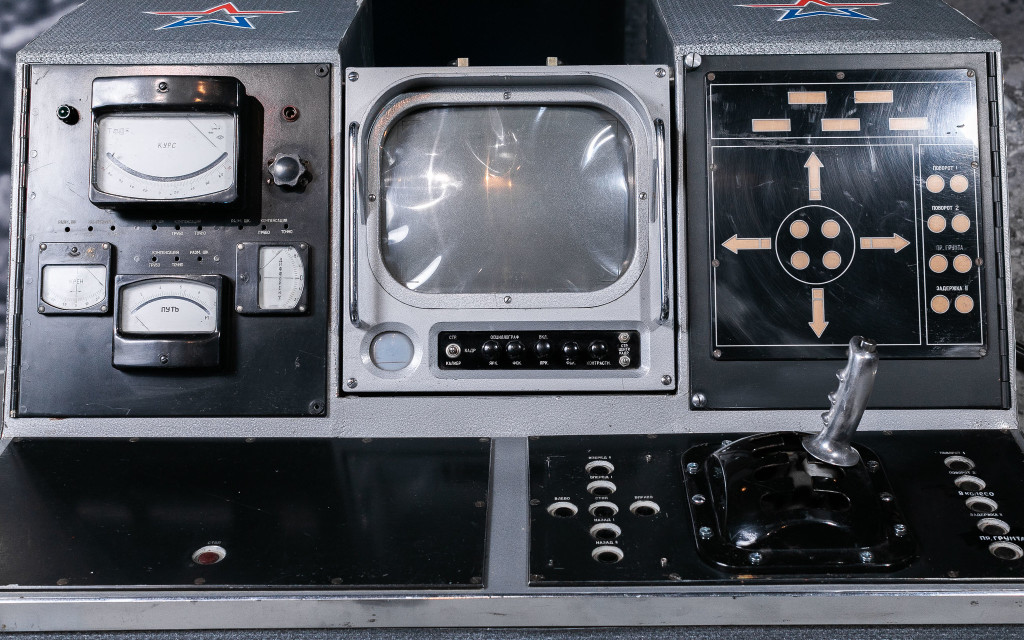
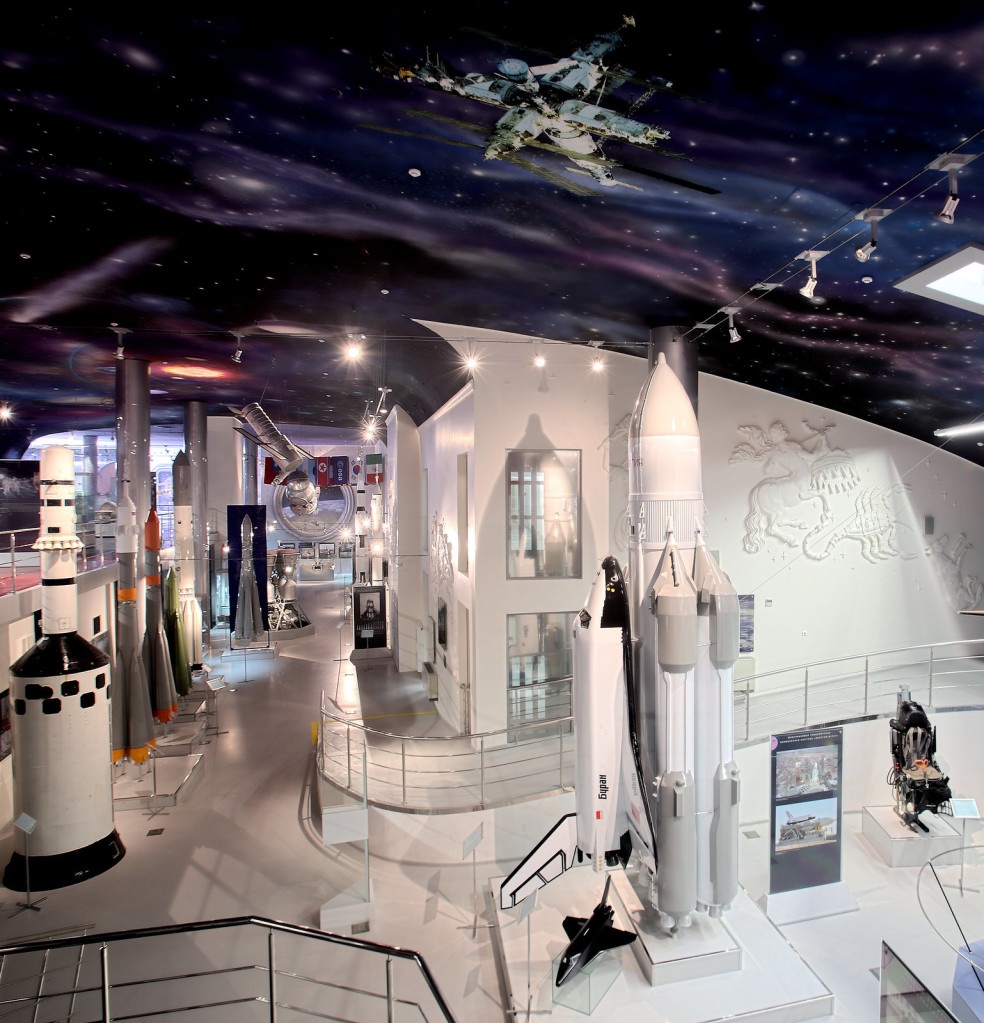
Applications are open now, through July 5.
We’ll announce selections on July 12, and then the program will be weekly on Mondays, held online, from July 27 to August 31.
Some selections of outputs of this program may also be presented publicly. Full details on the site (in English, also of course in Russian if you desire):
For one of Natalia’s presentations (Russian only, but with some slides if you want to scroll through), on the topic of light as a medium:
It may slow you down, but you’ll also want to check out this gorgeous gallery of the museum. There’s also a virtual tour on Google Arts & Culture, so you can visit parts of it from home.
See you soon, cosmonauts. Can’t wait to see and hear your ideas.
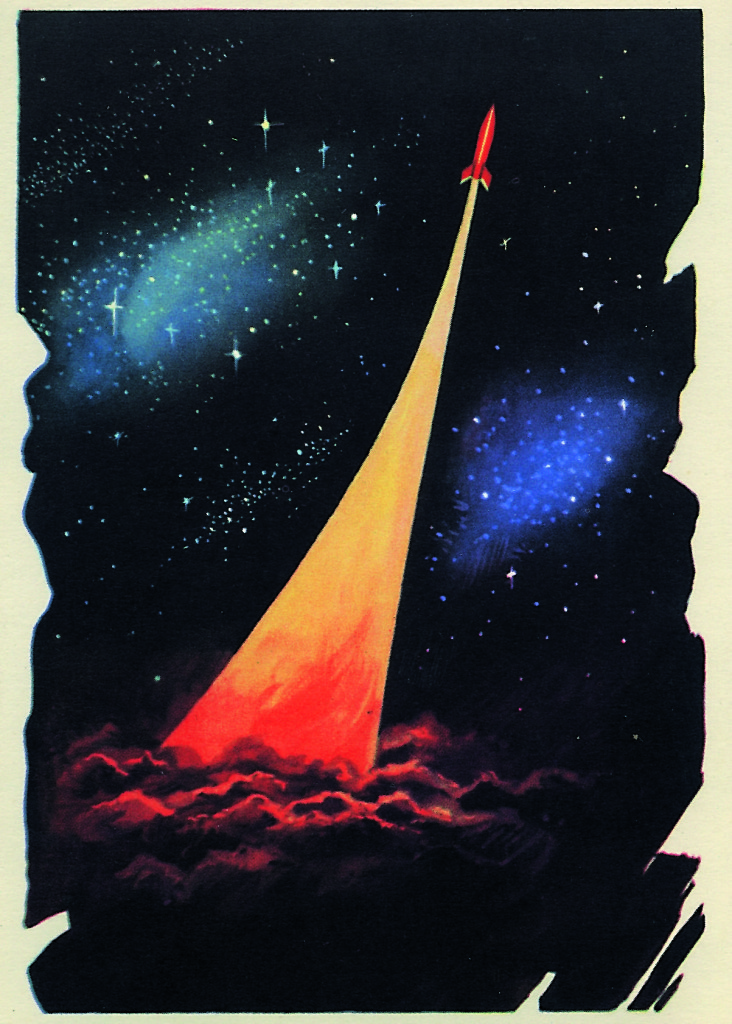
All photos courtesy Museum of Cosmonautics.